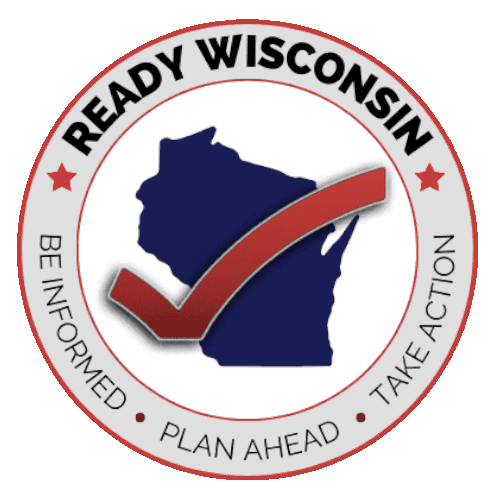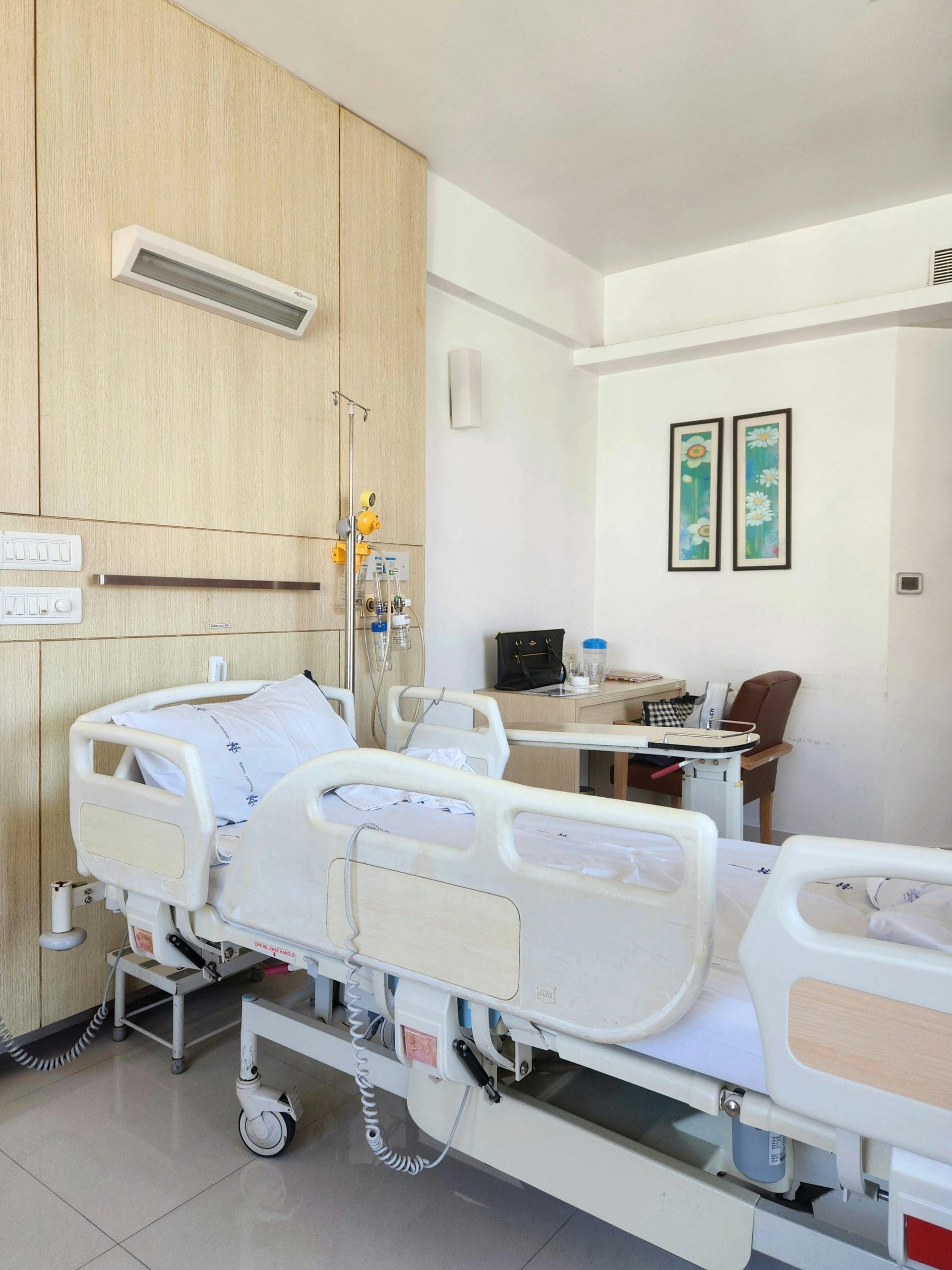Your first concern after an emergency is your family’s health and safety. Consider any safety issues and monitor health conditions. Remember to follow instructions from public safety officials following a disaster. Return home only when authorities say it is safe to do so. Monitor a trusted local media source for emergency information.
Safety Issues after a disaster
- Watch for washed out roads, contaminated buildings, contaminated water, gas leaks, broken glass, damaged electrical wiring, and slippery floors.
- Walk carefully around the outside and check for loose power lines, gas leaks, and structural damage. If you have any doubts about safety, have a qualified building inspector or structural engineer do an inspection before entering.
- Watch out for animals. Use a stick to poke through debris.
- Do not enter a damaged home if:
- You smell gas
- Floodwaters remain around the building
- Authorities have not declared it safe to enter
- Inform local authorities about health and safety issues, such as downed power lines or washed-out roads.
- Keep a battery-powered radio with you for emergency updates from local officials.
- When you re-enter your home, watch for the following hazards:
- Natural gas. If you smell gas or hear a hissing or blowing sound, open a window and leave immediately. Turn off the main gas valve from the outside if you can. Call the gas company. If you shut off the gas supply at the main valve, you need a professional to turn it back on. DO NOT smoke or use oil, gas lanterns, or candles for lighting inside a damage home until you are sure there is no leaking gas or other flammable substances.
- Sparks, broken or frayed wires. Check the electrical system unless you are wet, standing in water, or unsure of your safety. If possible, turn off the electricity at the main fuse box or circuit breaker. If the situation is unsafe, leave the building and call for help. Do not turn on the lights until you are sure they’re safe to use. You may want to have an electrician inspect your wiring.
- Roof, foundation, and chimney cracks. If it looks like the building may collapse, leave immediately.
- Appliances. If appliances are wet, turn off the electricity at the main fuse box or circuit breaker. Then, unplug appliances and let them dry out. Have appliances checked by a professional before using them again. Also, have the electrical system checked by an electrician before turning the power back on.
- Water and sewage systems. If pipes are damaged, turn off the main water valve. Check with local authorities before using any water; the water could be contaminated. Pump out wells and have the water tested by authorities before drinking. Do not flush toilets until you know that sewage lines are intact.
- Food and other supplies. Throw out all food and other supplies that you suspect may have become contaminated or come in to contact with floodwater.
- Your basement. If your basement has flooded, pump it out gradually (about one third of the water per day) to avoid damage. The walls may collapse and the floor may buckle if the basement is pumped out while the surrounding ground is still waterlogged.
- Open cabinets. Be alert for objects that may fall.
- Clean up household chemical spills. Disinfect items that may have been contaminated by raw sewage, bacteria, or chemicals. Dispose of any contaminated items that can’t be salvaged.
Assistance
If assistance is available, knowing how to access it makes the process faster and less stressful. Throughout the recovery period, monitor local radio, television, and other media sources for information on receiving emergency housing, food, first aid, clothing, and financial assistance.
If you have damage following a disaster, let your local emergency manager know of any damages you may have and what immediate assistance you may need.
- If you have insurance, contact your insurance agent:
- Make sure to document your damage before you clean up by taking photos and making a list.
- Save all your receipts for post-damage repair and clean up.
- If you have insurance and damage, you must file a claim with your insurance company.
If you have uninsured damage following a disaster, contact local officials:
- Let them know what damage you may have and what immediate assistance you need.
- Local officials and voluntary organizations, such as the Red Cross, are usually the best options for immediate needs such as food and shelter

